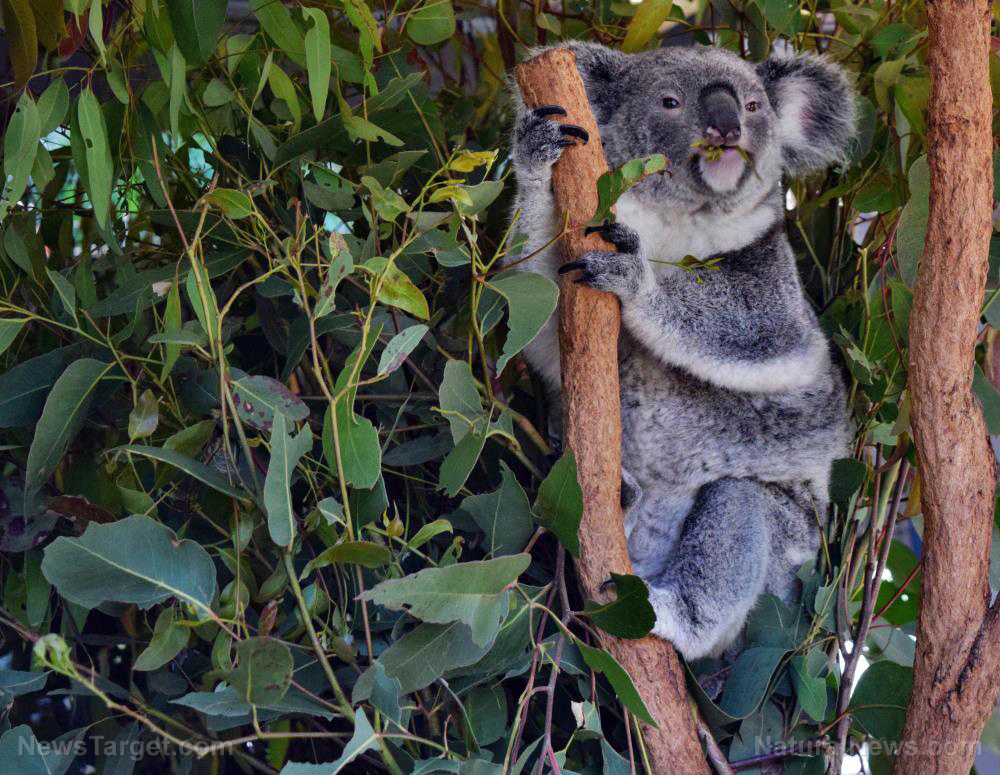
Hunting has a bad reputation – and for good reason. Forests and habitats are protected to curb sport hunting and senseless poaching as both of these practices are some of the major culprits behind the dwindling populations of certain animal species. But national forest management and protection strategies fail to take an important factor into account: indigenous hunting.
In a recent article, Torsten Krause, an assistant professor at the Lund University Centre for Sustainability Studies (LUCSUS) in Sweden and an expert in defaunation, stated that subsistence hunting, or hunting for food alone, among indigenous communities can strengthen long-term forest management, paradoxical as it might sound.
Indigenous people see animals and humans as integral to nature and, as such, treat hunting as both a means to get food and to balance animal populations, said Krause. But modern science-based forest management strategies often fail to consider the holistic link of local and indigenous cultures to their forests and natural habitats, he added.
Hunting among indigenous communities: a balancing act
Forests, as habitats, cannot be isolated from the local and indigenous peoples that depend on them for resources. In certain areas around the globe, forests are so integral to communities that their destruction could mean the destruction, too, of the cultures of the local or indigenous people in the area.
Krause has studied indigenous communities in Colombia for many years in an attempt to understand the local people’s forest management strategies for the Amazon rainforest. Based on his research thus far, Krause posited that subsistence hunting, a common practice among indigenous communities, must be recognized as a legitimate forest management tactic in itself.
Despite strict regulations, hunting remains unpopular among proponents of forest management strategies, and the illegal practice of poaching for profit is, of course, out of the question. But Krause argued that subsistence hunting is so unlike the modern concept of hunting that it cannot be treated in the same manner.
Hunting among indigenous communities is treated as a means to get sustenance, that much is indisputable. But Krause found that indigenous people also hunt to assess forest health and balance animal populations. Hunting is neither a sport nor a recreational practice to them, said Krause. This also offers a glimpse into the relationship of indigenous people to the forests, he added. But this equilibrium is under threat.
Commercial hunting affecting subsistence hunting
The indigenous people in Colombia face an increasing risk of commercialization, said Krause. In the past, hunting had been more sustainable as it considered the natural reproduction rate of the animals.
But the increasing global demand for the parts of exotic fauna, such as teeth, tusks and hides, has caused indigenous people to engage in illegal hunting for commercial gains despite the ecological repercussions.
It also does not help that the practice of subsistence hunting has become less popular among the succeeding generations of indigenous people. This could be attributed, in part, to the appeal of looking for jobs and opportunities in cities.
Furthermore, Krause noted that rapid development in the area and national economic policies have led to extensive use of forest lands and resources for profit generation. (Related: Brazilian government authorizes controlled logging in Amazon rain forest.)
All of these factors have contributed to the rapid decline of subsistence hunting and, in turn, the gradual loss of indigenous forest management strategies.
Indigenous hunting and modern forest management strategies reconciled
It isn't too late for both the indigenous communities and the governments of Amazonian countries, said Krause. For instance, indigenous people could help monitor their part of the rainforest and help governments devise sustainable and equitable forest management strategies to increase animal populations again.
Indigenous people could also help in the implementation of these strategies. Moreover, existing studies and ongoing research demonstrate that indigenous territories are crucial for forest conservation, Krause added. Their lands tend to be better protected against deforestation and forest degradation than state-protected areas.
This goes back to the important role that indigenous communities play in maintaining and protecting the forest through practices like subsistence hunting. Hunters hold the key to sustainable forest management.
But according to Klause, indigenous hunting still needs a system of checks and balances in light of the threats looming over the Amazon rainforest. This system needs to be informed by animal population monitoring, and local institutions need to be proactive in detecting violations and enforcing sanctions, Krause added.
In addition, hunting regulations should be monitored by a hunting association comprised of members of different indigenous communities. Only after these systems are put in place can sustainable forest management be achieved.
Read more articles about forest conservation and forest management strategies at Ecology.news.
Sources include:
Please contact us for more information.





















